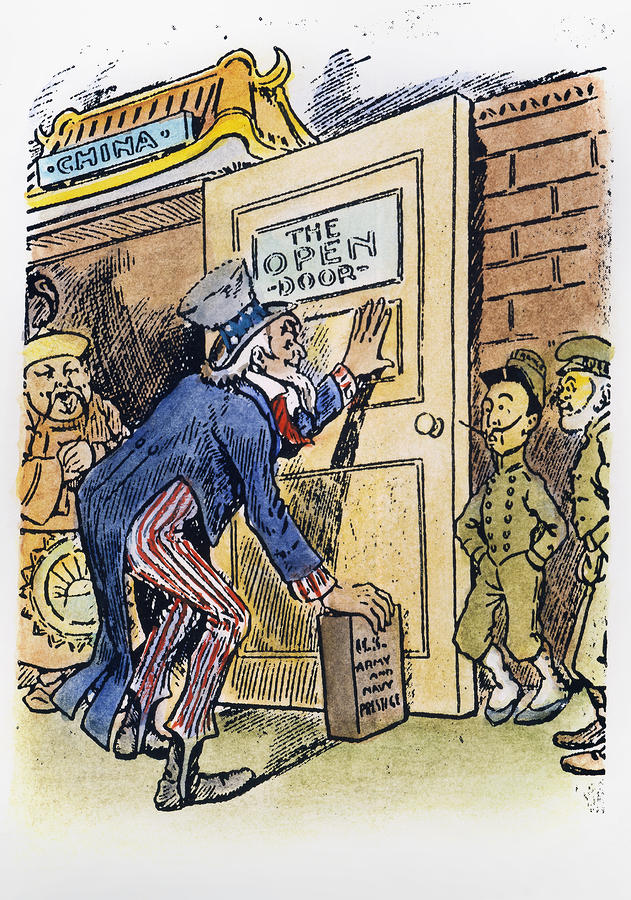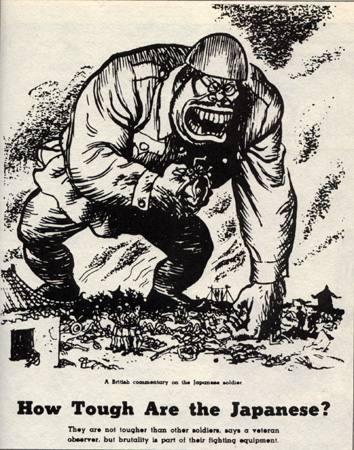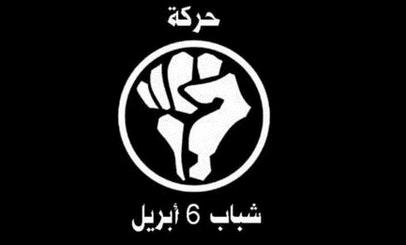1. CHAPTER 25 IMPERIALISM
1. In the 1800's and early 1900's the European world had come so far. The have become so great in their own countries that they felt the need to expand to new places. That meant that economic growth along with other reasons caused power nations in Europe to become imperialistic over Third World countries. Countries like England, France and others would attempt to take over countries like Africa and China for economic, religious and racist reasons. Some of these countries would rebel and become stronger.
2.Chapter objective: To see how the European countries would take over other countries and why. To see how the other countries would response to colonization and what would become of them after.
3. What were some main causes of Imperialism?
Well there were three main causes. The first would be economic, many nations wanted to expand and become richer so they would take small countries for resources and new markets. A second reason would be religion. They believed that they had to spread their religion. The final reason was racism, in which they thought they had to cleanse the countries and educate them and so on.









